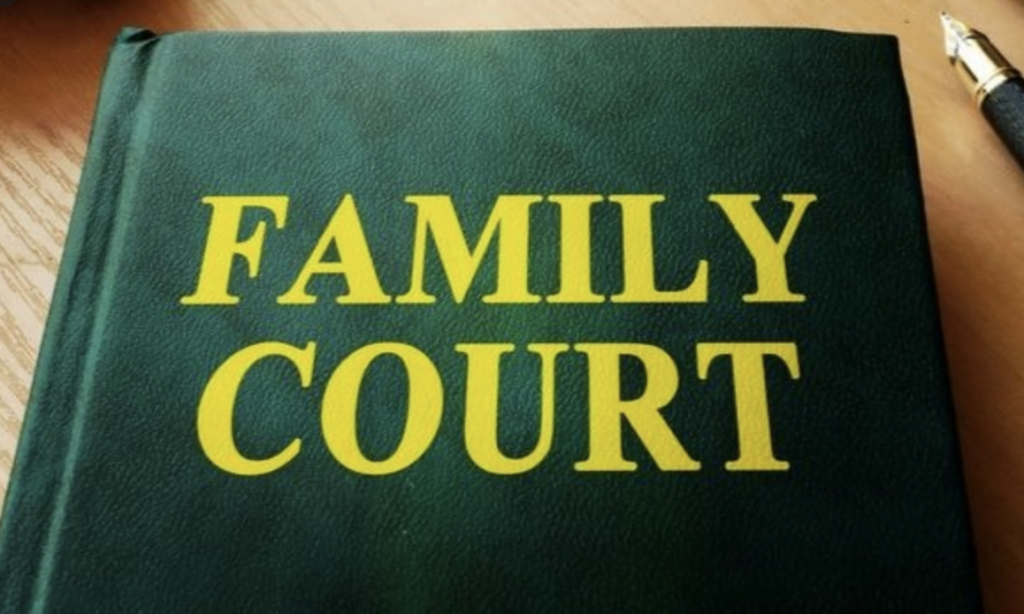Coercive behaviour is defined as “an act or a pattern of acts of assault, threats, humiliation and intimidation or other abuse that is used to harm, punish, or frighten their victim. Coercive control involves repeated, ongoing, intentional tactics which are used to limit the liberty of the victim.
Litigants in Person
How to represent yourself in the family court
When you represent yourself in a contested family case, in other words without a lawyer, you are a ‘litigant in person’ (LIP). It’s a daunting experience and the best way to cope is to understand what’s going to happen, who is going to do what, what issues are going to be seen as important and what will not be seen as important, get good advice and be organised and make sure you do what’s necessary.
CAFCASS Assessments: Parental Alienation
As part of their Child Impact Assessment Framework (CIAF), CAFCASS have guidance on how to assess families and how they work with children where there is parental alienation.
The links in this blog will show you exactly what the Family Court Adviser (FCA) will use to assess or analyse your family and you can see exactly what CAFCASS thinks is useful. FCAs are expected to follow these processes although they do have discretion in how they conduct their assessments.
CAFCASS Assessments: The Child Impact Assessment Framework (CIAF)
The Child Impact Assessment Framework (CIAF) sets out how CAFCASS think children experience parental separation, how the child’s reaction can be understood and what should be done. The framework consists of four guides which Cafcass practitioners can use to assess different types of problem, known as ‘case factors’.
CAFCASS Part 3: The Section 7 (S7) report
The CAFCASS website explains how they consider these cases and how they deal specifically with allegations of domestic abuse, high conflict cases, parental alienation, substance abuse and mental illness.
The CAFCASS worker preparing the report will decide what enquiries to make based on what the court has asked them to look into. This may include talking to children (depending on their age and understanding) about their wishes and feelings and what they would like to happen.
What should I expect in a CAFCASS interview? (CAFCASS Assessment Part 2)
You will gain a lot by understanding what’s to be covered in a CAFCASS interview and to have had time to think about how you’ll reply. So prepare well. Read their interview plan to see what CAFCASS cover in their interview, understand the principles by which they work and read my previous blogs with more CAFCASS information.
CAFCASS Assessment (Part 1)
This blog explains what CAFCASS do behind the scenes, who they talk to at the start of a case, what questions to expect in the telephone interview (your first contact with a CAFCASS worker) and the types of reports they write. It will help you to be better prepared.
5 tops tips to make sure you get contact with your child
You may be worried that contact with your child is going to be limited. It’s a very common problem for fathers in particular, and it’s specially worrying if you already have limited contact after the breakup, as a result of leaving home, trying to find somewhere acceptable to live and having to make do with whatever awkward arrangement can be made. Many fathers understandably assume that the court will automatically side with the mother and not respect the needs of children to have good, strong and stable relationships with their fathers.
3 Really Effective Ways You Can Save Money On Legal Fees
We know that whether you are a small business or an individual, cash flow can be a huge problem and inevitably, an obstacle to taking legal action or pursuing a claim as far as you would want to. This should never be the case, so it is important people understand that there are ways you can manage legal proceedings to save money on avoidable fees and expenses.
Why does the family court make stupid decisions about parental alienation?
Parental alienation syndrome is a dangerous pattern of behaviour in which a child becomes hostile to one parent because of the behaviour of the other parent. It can progress to the point where the child will not see that parent and rejects them entirely. The loss of a parent in this way is inevitably severely damaging and harmful to a child. In parental alienation, one of the parents is emotionally abusing the child with the aim of hurting the other parent. Yet they are rarely treated as child abuse cases. Consequently they’re not given the same input and attention and, without good evidence to prove what is happening, decisions get made on the basis of prejudices. This is inexplicable.








